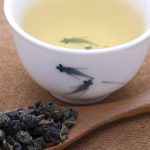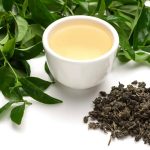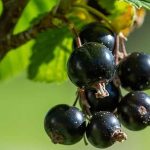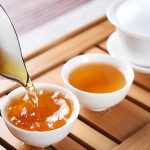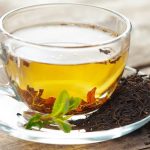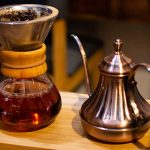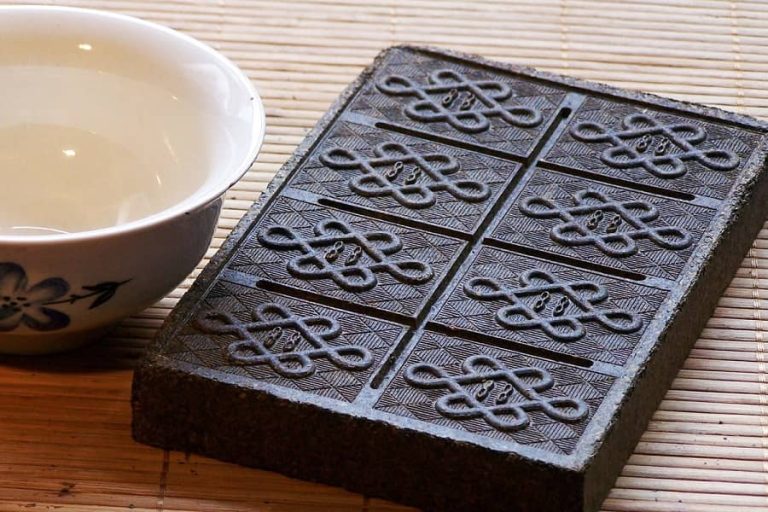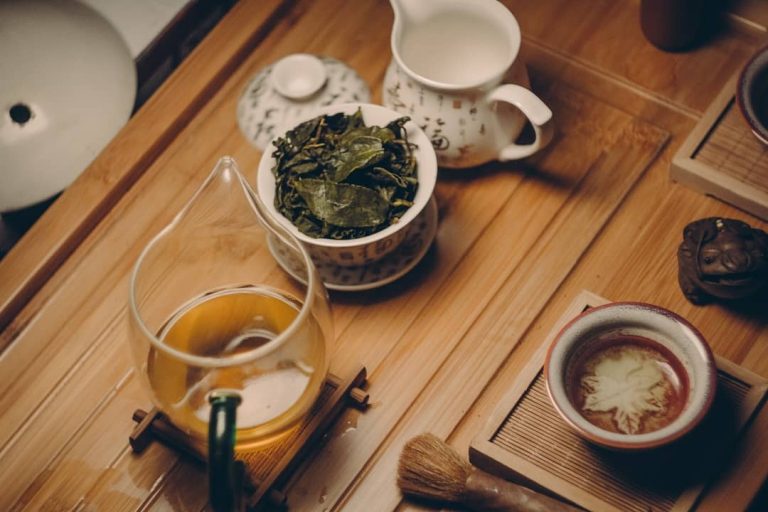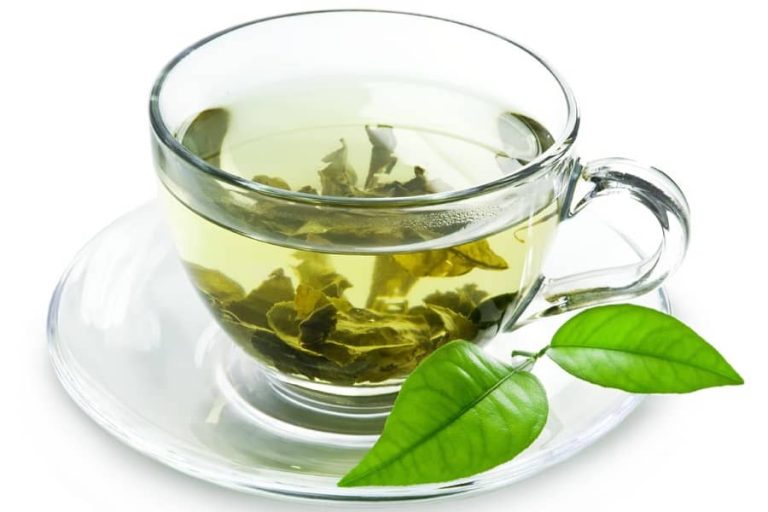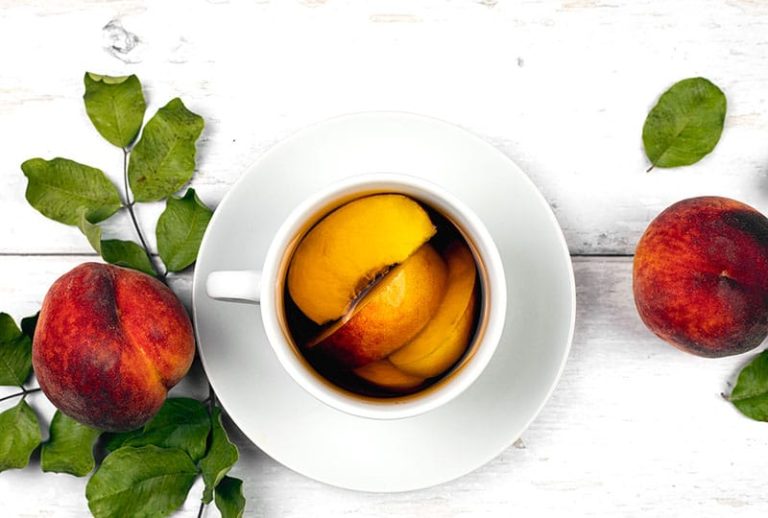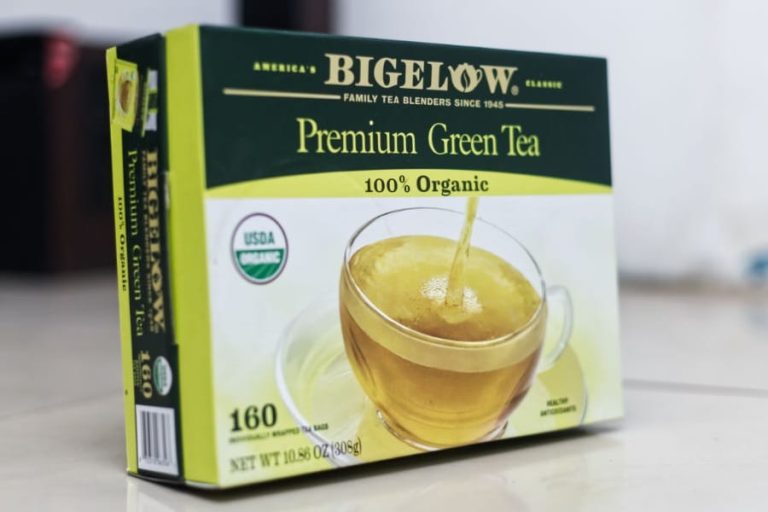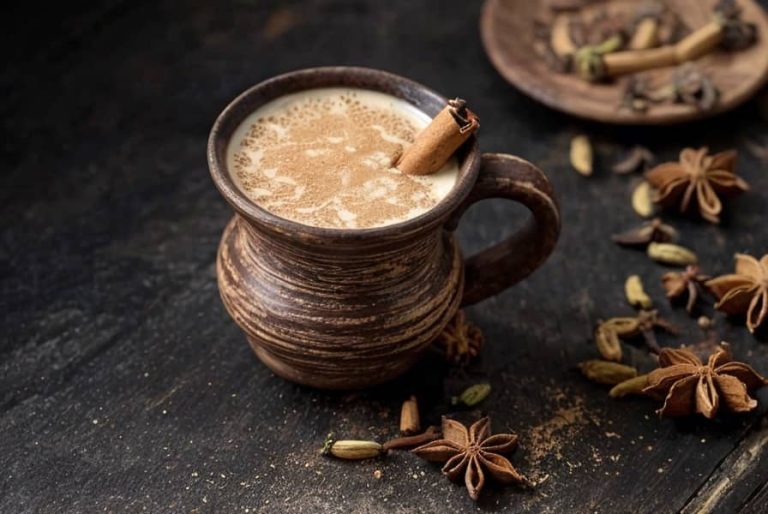Exploring the Richness of Black Oolong Tea
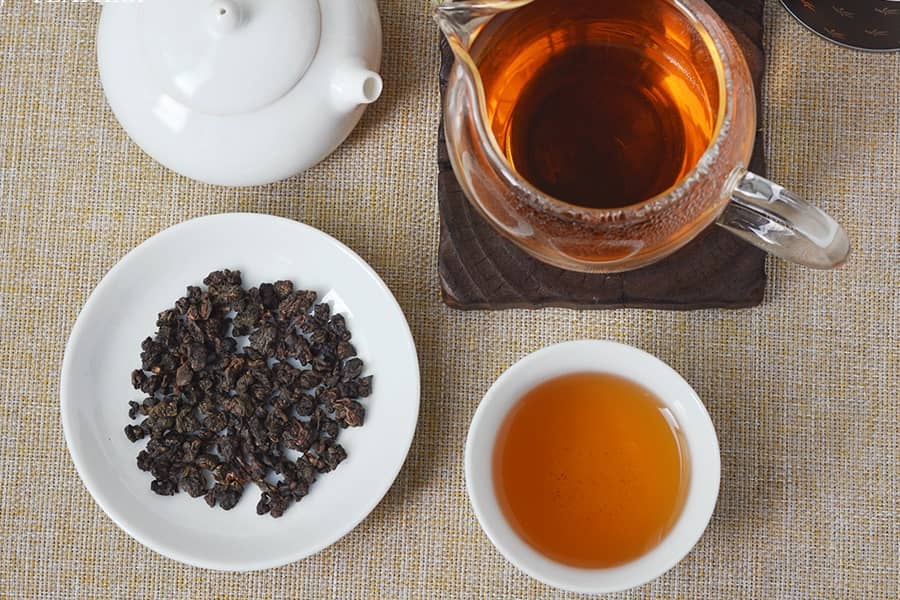
Oolong tea, known for its unique characteristics and flavors, has captivated tea enthusiasts for centuries. Among its diverse range of variations, black oolong tea stands out as a distinct and delightful option. In this article, we will delve into the origins, production process, flavor profile, health benefits, brewing techniques, and consumer considerations surrounding black oolong tea, offering a comprehensive exploration of this exquisite beverage.
I. Origins and Production of Oolong Tea:
Oolong tea traces its roots back to China, where it has been cultivated and enjoyed for centuries. Withering, oxidation, and rolling techniques contribute to the complex flavors and aromas that define oolong tea. While commonly associated with green and black teas, oolong tea undergoes a unique level of oxidation, resulting in a partially fermented leaf and a distinctive taste.
II. The Transformation to Black Oolong Tea:
Black oolong tea represents an intriguing variation within the oolong category. This tea undergoes additional steps during production that increase the oxidation level, lending it darker hues and deepening its flavor profile. The transformation process brings forth rich and robust characteristics while preserving the essence of traditional oolong tea.
III. Popular Varieties of Black Oolong Tea:
Renowned regions such as Fujian and Taiwan are celebrated for their production of exceptional black oolong teas. Each variety boasts its own nuances and qualities, influenced by factors like terroir, cultivation methods, and specific production techniques. From malty and caramel notes to fruity and floral undertones, there is a black oolong tea to cater to every palate.
IV. Flavor Profile and Aroma:
The distinctiveness of black oolong tea lies in its layered flavors and enticing aroma. The deeper oxidation enhances the tea’s natural sweetness while adding complexity and depth. Expect a harmonious blend of toasty, honey-like notes, hints of stone fruit or orchid, and a lingering, pleasant aftertaste that leaves a lasting impression.
V. Health Benefits of Black Oolong Tea:
Sipping on black oolong tea offers more than just a delightful experience—it also provides potential health benefits. Oolong tea, in general, is known for its antioxidant properties and potential positive effects on metabolism, digestion, and heart health. While research specifically on black oolong tea is limited, it is reasonable to infer that it retains some of the health benefits associated with oolong tea as a whole.
VI. Brewing Techniques for Black Oolong Tea:
To fully appreciate the flavors of black oolong tea, consider the following brewing tips. Use water just below boiling point to steep the leaves gently and avoid bitterness. Depending on the variety, steeping times can range from 2 to 5 minutes. Experimentation is encouraged to find the perfect balance between strength and flavor.
VII. Serving Suggestions and Pairings:
Black oolong tea pairs well with various culinary delights. Its robust yet smooth character complements savory dishes like roasted meats, stir-fries, and cheese platters. For dessert, try pairing it with dark chocolate, nutty pastries, or caramel-based treats. Enjoyed hot or iced, black oolong tea brings a touch of sophistication to any dining experience.
VIII. Consumer Tips and Considerations:
For optimal freshness, store black oolong tea in an airtight container away from moisture, strong odors, and direct sunlight. As with any tea, be mindful of its caffeine content, which may vary depending on the specific black oolong variety. Individuals who are sensitive to caffeine should exercise caution, especially when consuming it in the evening.
FAQ About Black Oolong Tea
- What is black oolong tea?
Black oolong tea is a variation of oolong tea that undergoes a higher level of oxidation during production. This additional oxidation gives the tea its dark color, deep flavor profile, and unique characteristics that set it apart from traditional oolong teas. - How is black oolong tea different from other types of tea?
Black oolong tea differs from other teas in terms of its oxidation level. While green tea is minimally oxidized and black tea is fully oxidized, black oolong tea falls in between with a partial oxidation process. This results in a tea that exhibits qualities of both green and black teas, combining the freshness and floral notes of green tea with the richness and complexity of black tea. - What does black oolong tea taste like?
Black oolong tea offers a complex and layered flavor profile. It typically has a smooth and mellow taste with hints of honey, caramel, and toasted grain. Depending on the specific variety, it may also possess fruity or floral undertones. The tea leaves a pleasant, lingering aftertaste. - Is black oolong tea caffeinated?
Yes, black oolong tea contains caffeine. The exact amount can vary depending on factors such as the specific variety, brewing method, and steeping time. However, in general, black oolong tea tends to have a moderate caffeine content, lower than that of black tea but higher than that of green tea. - How do I brew black oolong tea?
To brew black oolong tea, begin by using water just below boiling point (around 195-205°F or 90-96°C). Place the tea leaves in a teapot or infuser and pour the hot water over them. Steep for 2 to 5 minutes, adjusting the steeping time based on personal preference and the specific variety of black oolong tea. Strain the leaves and serve. - What are the health benefits of black oolong tea?
While research specifically on black oolong tea is limited, it shares some potential health benefits with oolong tea in general. These benefits may include antioxidant properties, metabolic support, improved digestion, and potential positive effects on heart health. It is important to note that individual results may vary, and black oolong tea should not be considered a substitute for medical advice or treatment. - Can I drink black oolong tea while pregnant?
It is generally recommended that pregnant women limit their caffeine intake, including from black oolong tea. High caffeine consumption during pregnancy has been associated with potential risks. It is advisable to consult with a healthcare professional for personalized guidance regarding tea consumption during pregnancy. - Where can I buy black oolong tea?
Black oolong tea can be purchased from various sources. Local specialty tea shops, online tea retailers, and reputable supermarkets often carry a selection of black oolong teas. Ensure that you choose high-quality teas from trusted sellers to experience the best flavors and aromas. - How should I store black oolong tea?
To maintain the freshness and quality of black oolong tea, store it in an airtight container, away from moisture, strong odors, and direct sunlight. This helps to preserve the flavors and prevent the tea from absorbing unwanted aromas. Proper storage will ensure a prolonged shelf life for your tea. - Can black oolong tea be enjoyed iced?
Yes, black oolong tea can be prepared and enjoyed as iced tea. After brewing and allowing the tea to cool, pour it over ice and garnish with lemon slices, mint leaves, or other desired ingredients. Iced black oolong tea offers a refreshing and flavorful option, particularly during warmer months.
Conclusion:
Black oolong tea stands as a testament to the diversity and artistry of tea production. Its transformation from traditional oolong tea leads to a full-bodied, flavorful cup that captivates the senses. Whether you’re a seasoned tea connoisseur or an adventurous beginner, exploring the richness of black oolong tea promises a delightful journey filled with unique taste experiences and potential health benefits. So, steep a cup of black oolong tea, embrace its complexities, and indulge in this extraordinary beverage.

